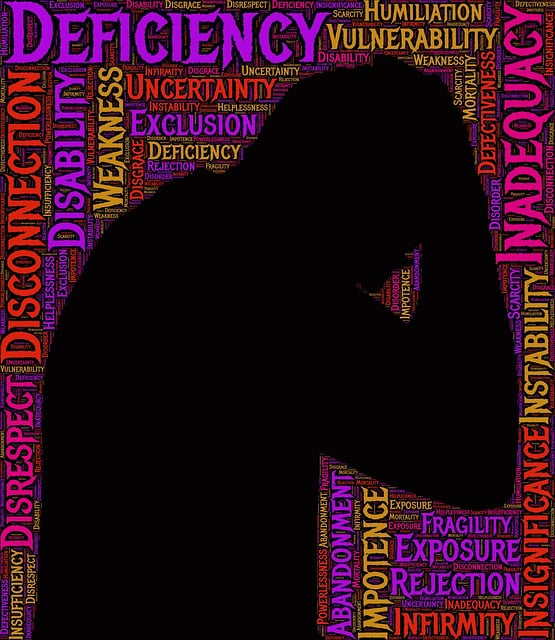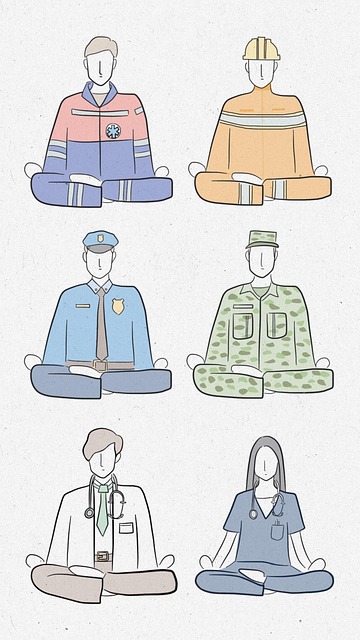Loss, grief, and bereavement significantly impact emotional well-being, often leading to mental health struggles and potential substance abuse as a coping mechanism. Boulder Drug Abuse-Substance Abuse Therapy plays a crucial role in addressing these issues holistically, offering counseling, support groups, and therapeutic interventions to help individuals process emotions healthily, heal, and rebuild their lives after loss. By integrating bereavement support with substance use disorder treatment, this therapy fosters resilience, manages co-occurring disorders, and promotes long-term mental health recovery.
Loss, grief, and bereavement are profound experiences that can significantly impact an individual’s mental health. This comprehensive article explores these complex emotions, offering a detailed understanding of their effects on those navigating life after loss. We delve into the specific challenges posed by substance abuse during the grieving process and highlight the importance of specialized counseling. Furthermore, it introduces Boulder Drug Abuse-Substance Abuse Therapy as an integrated approach to support individuals through the healing journey, addressing both loss and addiction simultaneously.
- Understanding Loss, Grief, and Bereavement: A Comprehensive Overview
- The Impact of Substance Abuse on Grieving Process
- Integrating Boulder Drug Abuse-Substance Abuse Therapy into Counseling
- Effective Strategies for Loss Grief and Bereavement Counseling Support
Understanding Loss, Grief, and Bereavement: A Comprehensive Overview

Loss, grief, and bereavement are deeply personal experiences that can significantly impact an individual’s emotional well-being. Understanding these complex processes is crucial in providing effective support to those going through them. Loss refers to the absence or departure of someone or something valued, such as a loved one, while grief is the emotional response to that loss, characterized by feelings of sorrow, anger, confusion, and isolation. Bereavement, on the other hand, describes the period after a significant loss during which individuals work through their emotions and adjust to life without their loved one.
In the context of Boulder Drug Abuse-Substance Abuse Therapy, addressing these issues is essential as they often go hand in hand with mental health struggles. Many people turn to substances as a coping mechanism following a traumatic loss, seeking temporary relief from emotional pain. However, this can lead to substance abuse and further complicate the grieving process. Crisis intervention guidance and public awareness campaigns development play a vital role in promoting positive thinking and helping individuals navigate these challenging times. Through counseling, support groups, and other therapeutic interventions, those affected by loss can find healthy ways to process their emotions, heal, and rebuild their lives.
The Impact of Substance Abuse on Grieving Process

Loss, grief, and bereavement are already immensely challenging experiences, but when substance abuse is involved, the process can become even more complex and protracted. The impact of Boulder drug abuse-substance abuse therapy on grieving individuals is profound. Those who struggle with addiction often find themselves facing additional barriers to processing their loss due to the nature of substance use disorders (SUDs). Self-medication, for example, can delay or distort emotional regulation, making it harder for individuals to cope with the grief they experience. This can prolong the grieving process and deepen feelings of isolation and despair.
Moreover, mental health policy analysis and advocacy highlight the need for integrated services that address both substance abuse and bereavement support. Effective healing requires a holistic approach that considers not just the loss but also the underlying mental health issues. Mental health education programs design should incorporate strategies to help individuals develop healthy coping mechanisms for grief while simultaneously addressing any co-occurring substance use disorders. By doing so, we can ensure better emotional regulation and improved outcomes for those navigating the difficult landscape of loss, grief, and recovery.
Integrating Boulder Drug Abuse-Substance Abuse Therapy into Counseling

Incorporating Boulder Drug Abuse-Substance Abuse Therapy into counseling practices offers a holistic approach to supporting individuals dealing with loss, grief, and bereavement. Many clients present with complex emotional issues stemming from substance abuse and mental health challenges, which require specialized attention. This integrated therapy model recognizes the intricate link between substance misuse, mental well-being, and the coping mechanisms individuals employ during times of profound loss. By addressing these co-occurring disorders, counselors can facilitate more comprehensive healing.
The process involves a thorough risk assessment for mental health professionals to understand the client’s history and current situation, including their self-esteem improvement journey and social skills training needs. This assessment guides the counseling strategy, ensuring that any potential risks or triggers are managed effectively. Through this integrated approach, counselors can provide tailored support, helping clients navigate their grief while also addressing underlying substance abuse issues, thereby fostering resilience and promoting long-term mental health recovery.
Effective Strategies for Loss Grief and Bereavement Counseling Support

In providing effective loss grief and bereavement counseling support, therapists play a pivotal role in guiding individuals through the complex emotions that arise following a significant loss. A holistic approach is essential; addressing not only the grief but also the underlying issues that contribute to depression prevention and stress management. Techniques such as cognitive-behavioral therapy (CBT) can help clients reframe negative thinking patterns, fostering resilience building and emotional coping mechanisms.
Boulder Drug Abuse-Substance Abuse Therapy integrates with bereavement counseling by acknowledging the potential for increased substance use as a coping mechanism. Counselors skilled in both areas offer tailored support, addressing not just the grief process but also any co-occurring disorders. By focusing on resilience building, therapists empower individuals to navigate their emotions healthily, promoting long-term well-being and effective stress management even in the face of profound loss.
Loss, grief, and bereavement counseling are essential components of healing after a significant loss. By understanding the complexities of these emotions and addressing any co-occurring substance abuse issues, counselors can provide more effective support. Integrating evidence-based practices, such as Boulder Drug Abuse-Substance Abuse Therapy, into counseling sessions enables individuals to navigate their grief journeys with enhanced resilience. With the right approach, those affected by loss can find solace, process their emotions, and gradually rebuild their lives.












